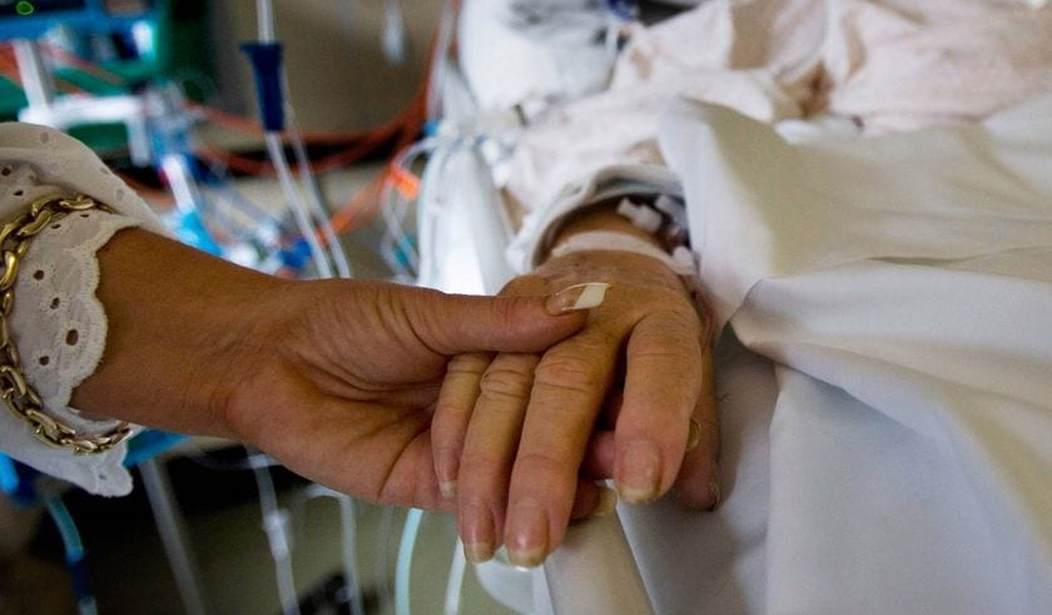At the onset, and for the record, I want to make it clear that I am morally opposed to assisted suicide. It is wrong to kill yourself, even if you are suffering a terminal illness. And my belief would not change even if assisted suicide was completely painless. The thing is, new research reveals that many who choose assisted suicide suffer during the procedure because of the methods used.
Death With Dignity describes assisted suicide as “an end-of-life option that allows certain eligible individuals to legally request and obtain medications from their physician to end their life in a peaceful, humane, and dignified manner.”
To be fair, Death With Dignity rejects the term “assisted suicide.” In fact, they claim that “A common misperception about terminally ill people who opt to access assisted-dying laws is that they are depressed and suicidal.”
Considering that the definition of suicide is intentionally killing oneself, it appears that Death With Dignity is willing to absurdly fight the dictionary over their right to intentionally kill themselves. Their choice of the description “peaceful, humane, and dignified” is sadly proving to be absurd, too.
Published in the medical journal Anaesthesia, a new study points out the similarities between the modes of execution in American capital punishment cases and the ways that the majority of assisted suicides are done in places where euthanasia is legal. The authors explain, “In voluntary assisted dying (in some US states and European countries), the common method to induce unconsciousness appears to be self‐administered barbiturate ingestion, with death resulting slowly from asphyxia due to cardiorespiratory depression.”
The study does acknowledge that the drugs and injection methods may differ between execution and assisted suicide. However, execution and assisted suicide have pain and suffering in common, too. Many people who are opposed to execution insist that the procedure is painful and inhumane. Well, in their study of assisted suicide, the researchers uncovered that “for all these forms of assisted dying, there appears to be a relatively high incidence of vomiting (up to 10%), prolongation of death (up to 7 days), and re‐awakening from coma (up to 4%), constituting failure of unconsciousness.”
To be clear, the researchers are not opposed to assisted suicide; they’re wanting a better version of it. They write, “This raises a concern that some deaths may be inhumane, and we have used lessons from the most recent studies of accidental awareness during anesthesia to describe an optimal means that could better achieve unconsciousness.”
It remains to be seen, of course, if advocates who support assisted suicide will call for its halt until it can be assured that the procedure is painless. Unless they do, their claims that they want people to be able to choose to end their life in a “peaceful, humane, and dignified” manner will be proven to be a lie.









Join the conversation as a VIP Member